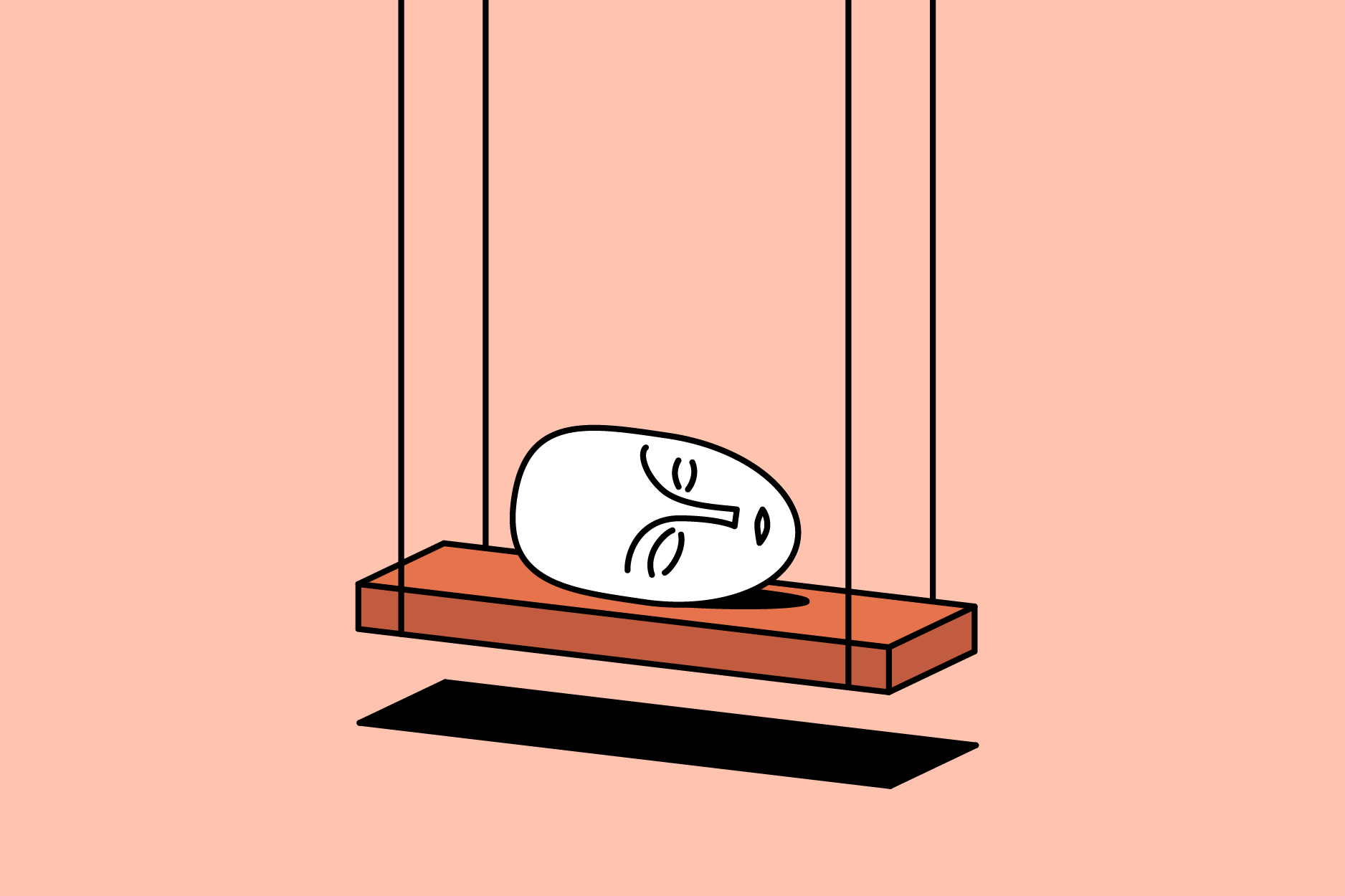Periods Don’t Limit Your Brain Power
thinx archive
·5 min read

by Mia Abrahams | 07/12/2017
Since the dawn of time, (or, at least the patriarchy,) doctors have linked “insanity” and “hysteria” to periods. In 1891, Dr. Robert Barnes gave a presentation to the British Gynecological Society where he argued: “there is an absolute coincidence between the menstrual period and the manifestation of insanity.” Say what now?
Since then, many (male) scientists have researched the way menstruation can affect memory, judgment, attention, decision-making ability, and mood. The results are varied, but there have been many studies that have suggested that periods *do* affect the cognitive ability of women.
Until now.
Last week, a study led by Brigitte Leeners, MD, Professor of Reproductive Endocrinology at University Hospital Zurich, called BS. Well, actually, the study concluded: “There is no consistent association between women's hormone levels, in particular estrogen and progesterone, and attention, working memory and cognitive bias.” Basically, science-speak for BS. They tested three cognitive skills — including memory, paying attention to two things at once, and decision making — at four different times of the month in 88 women, 68 of whom were assessed for two periods. The data showed no negative impact on cognitive ability during the participants' periods.
And what about the other studies that suggest that female hormones do in fact significantly affect attention, memory, and cognition? Well, the study pokes a lotta vagina-sized holes in those. Scientific biases, false-positive findings, and inflated effects were found to be common in previous studies. One example? Many of the previous studies had sample sizes of less than 30 women, and some “highly-cited” ones had less than 10!
NOTE: A couple weeks ago, we spoke about (the sometimes controversial) premenstrual dysphoric disorder (PMDD), a disorder that can heavily affect the mood of women who suffer from it. This study does not look at PMDD, and it’s clear a lot more research needs to be done on the disorder. Of course, some women experience severe PMS symptoms that might impact their day-to-day, but, as Leeners told CBS: "In most women, the menstrual cycle does not influence cognitive performance in a negative way."
This stigma that “periods affect your brain” still appears today. We hear it in conversations around women in the military (“but what if they are… *gasp*… period-ing in combat” — also, if you are a woman in the military and would like to try THINX, HMU!) or in discussions about the capabilities of a female president (see: this Amy Schumer sketch; see also: this letter to a PA newspaper which was critical of Hillary Clinton because “what if that time of month comes and she is sick at the same time?") Or, you know, this whole thing:

Any person who has actually *had* a period knows that this is total crap. Having a period is not an insult. People with periods are incredibly strong and resilient. Anything you can do we can do bleeding.
The idea that women are “less than” on their periods — they are unclean, don’t think clearly, can’t be trusted to make decisions — is clearly more about sexism than it is about science. These taboos can not only be damaging, by preventing women from reaching positions of power, they can in some cases be deadly. The pathologizing of women’s normal hormonal cycles is not a new thing, but it can be truly damaging one.
by Mia Abrahams


